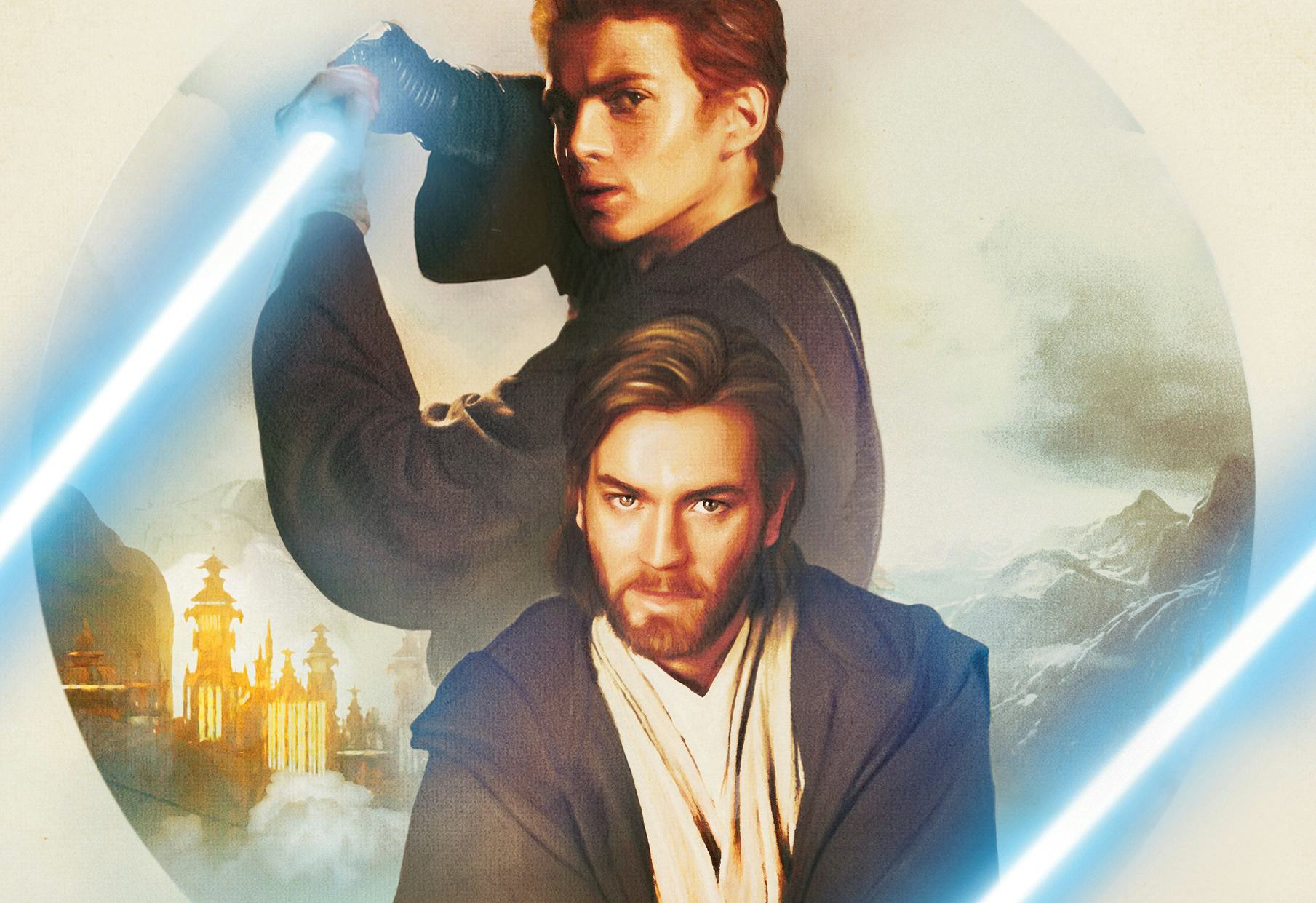
Turns out, Anakin Skywalker was mocked by other young Jedi for being “the Chosen One.” As a new in-canon Star Wars book reveals, the Jedi Order didn’t completely take that famous prophecy seriously, nor were they all united in their beliefs during the tumultuous years of the Clone Wars.
In his new novel Brotherhood — out now from Del Rey Books — author Mike Chen dives deep into Anakin’s splintered psyche, revealing deeper layers to the story of the most famous Jedi of all time.
Upon the publication of the book, Inverse caught up with Chen to discuss how Anakin changes after Episode II, how Star Trek politics influences Star Wars, and how the “other” Genndy Tartakovsky Clone Wars fits into canon. Mild spoilers ahead for Star Wars: Brotherhood.
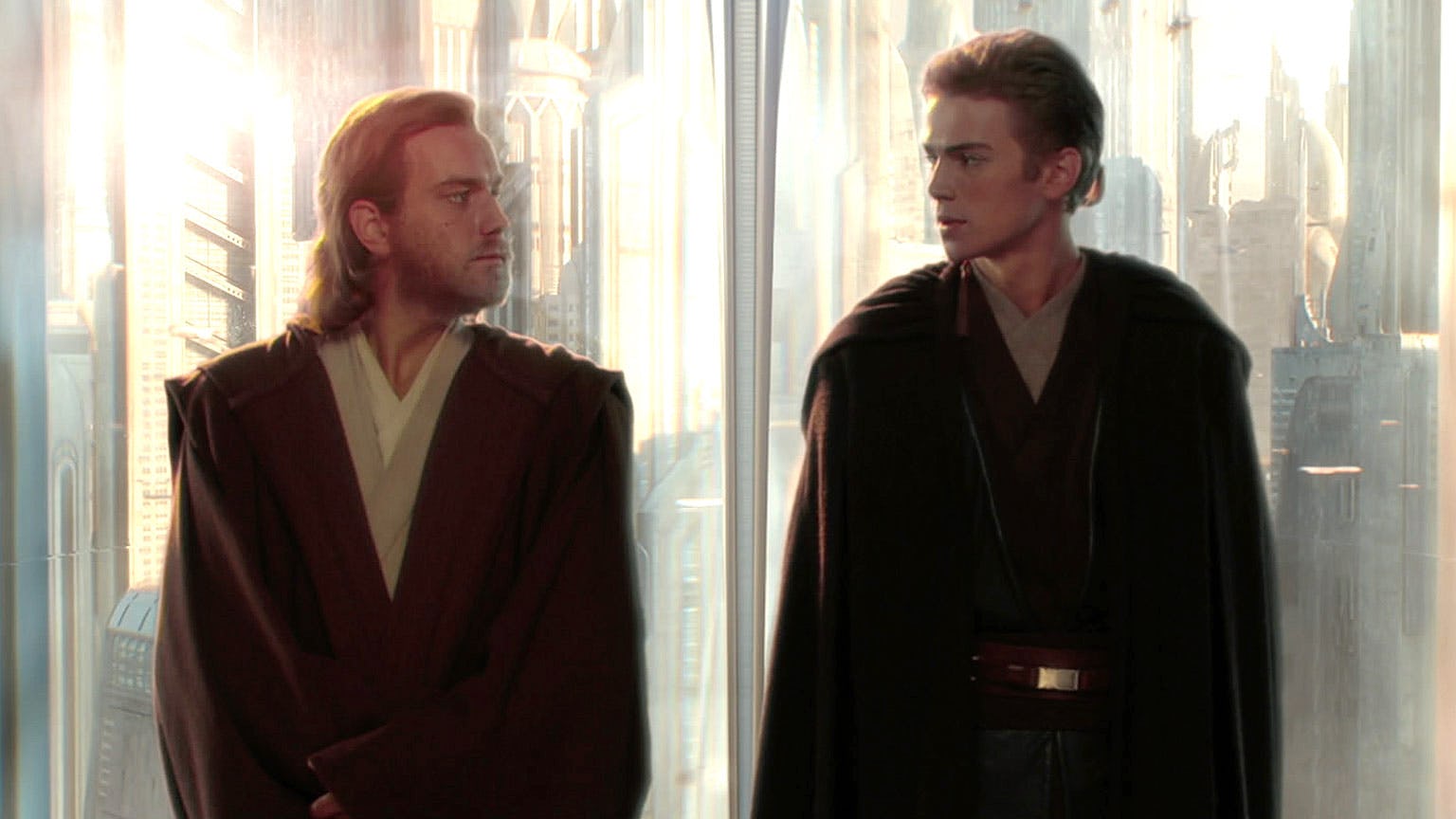
Redefining Anakin and Obi-Wan’s bromance
Chen’s new book takes place in an interesting spot in the Star Wars canon: the moment after the Battle of Geonosis in Attack of the Clones, but before the events of the 2008 Clone Wars film which launched the famous series. In other words, this is a story about Anakin and Obi-Wan before Ahsoka but after the war breaks out. And for Mike Chen, the whole purpose of this book is to create a kind of Clone Wars “movie” that he wished had existed during the run of prequels.
“The book is very much a bridge,” Mike Chen tells Inverse. “From a pure plot outline perspective, I’d always wished Attack of the Clones was Episode I and we would get a proper Clone Wars movie to bridge that and Revenge of the Sith.”
Chen is quick to point out that he loves both versions of The Clone Wars animated series, and that also Lucas had to show the “key moment in Anakin’s life” when he’s separated from his mother, Shmi Skywalker. Still, with Brotherhood, we get to see a moment in partnership between Anakin Skywalker and Obi-Wan Kenobi that we’ve oddly never seen before.
“In Attack of the Clones, you see flashes of Anakin and Obi-Wan working together, but you also see a lot of bickering,” Chen says. “And then in The Clone Wars movie, they’re already like buddy-buddy. It’s an undefined period of time between those two people. But you know, it’s not that long. So something has to happen that bridges that and feels really organic.”
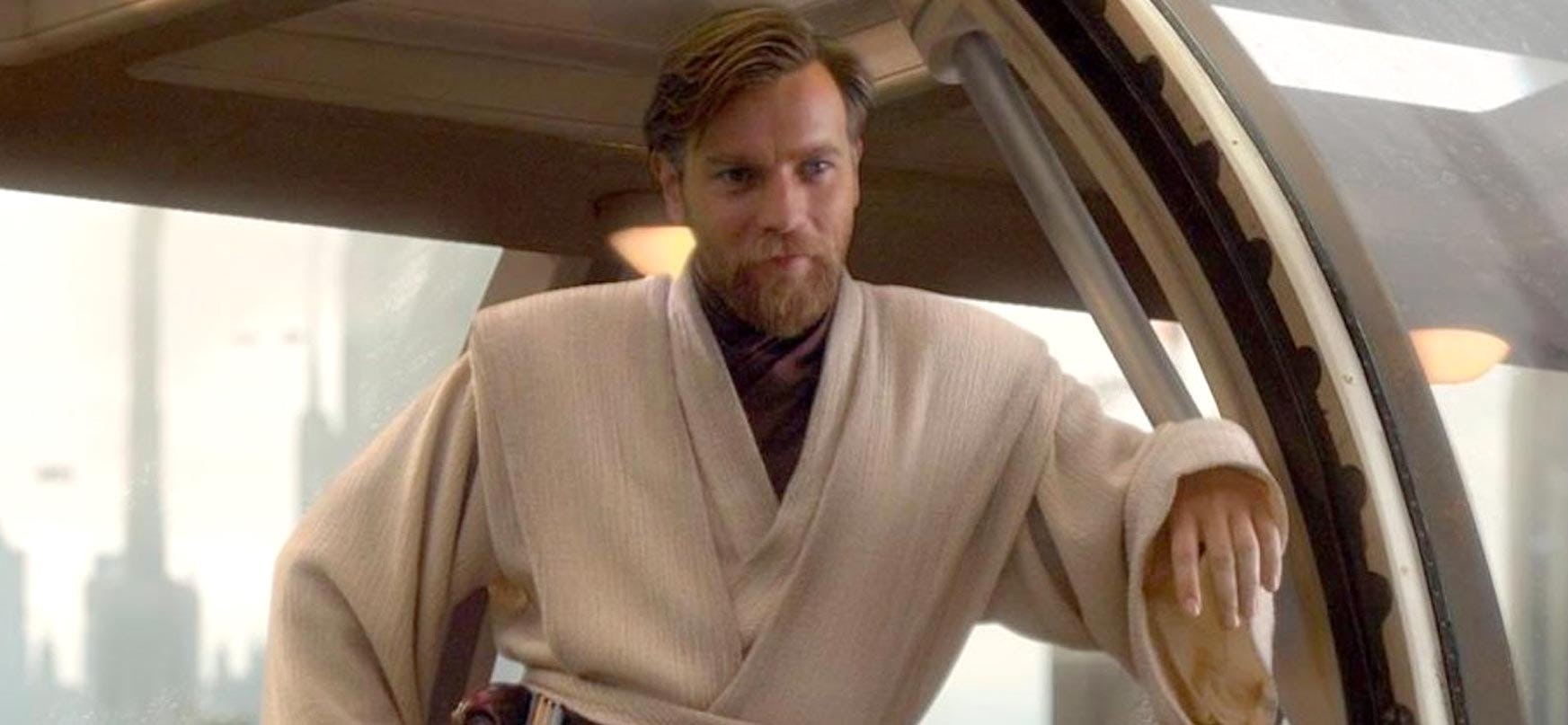
“That business on Cato Neimoidia”
In Revenge of the Sith, Obi-Wan jokingly tells Anakin, “that business on Cato Neimodia doesn’t... doesn’t count.” But in Chen’s new novel, it very much does!
Throughout the book, a complex scheme on Cato Neimodia fuels the vast majority of the plot. Without getting into spoilers for the novel, someone bombs Cato Neimodia, but neither the Separatists nor the Republic takes credit. It’s a fascinating political mystery that Chen says was not only inspired by the prequels themselves but also by another sci-fi franchise — Star Trek!
“The overarching plot and, the mechanisms of it were very influenced by Deep Space Nine,” Chen reveals. He also notes that the new character of Ruug was “inspired by Major Kira” from DS9, while the Jedi Initiate named Mill has empathic abilities that were loosely inspired by “Deanna Troi and the Betazoids” in The Next Generation.
Chen says that a huge inspiration for Mill came from “the Miyazaki film, Nausicaa of the Valley of the Wind,” which he likens to Mill because “Nausicaa was an empath too but also a pacifist.”
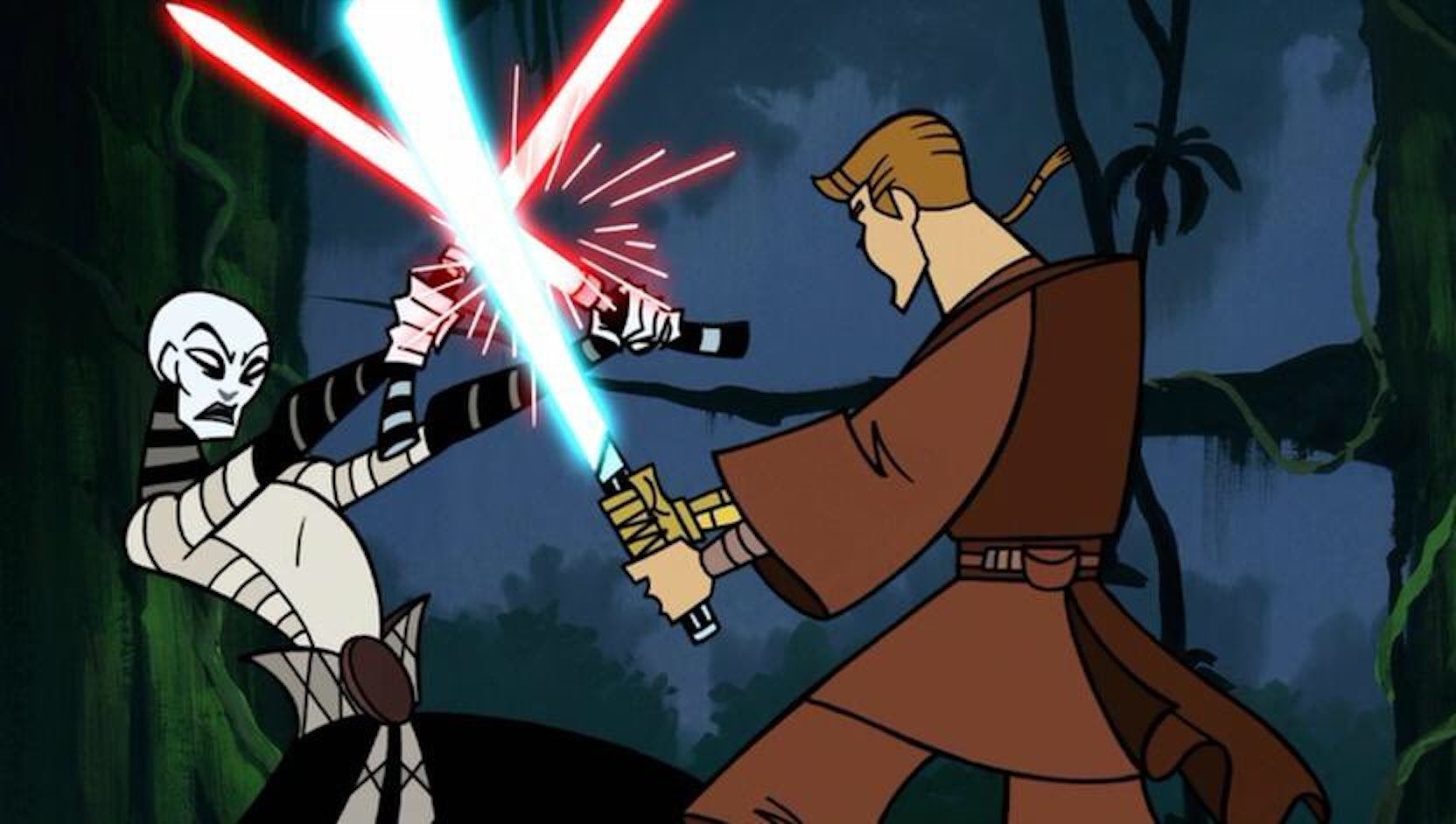
The canon of the other Clone Wars
Brotherhood also features the first in-canon meeting between Anakin and the Sith assassin Asajj Ventress. While longtime fans might remember that Ventress appears throughout the canonical animated series The Clone Wars, she first appeared in the not-quite-canon 2003-2005 Genndy Tartakovsky show just called Clone Wars.
In Brotherhood, Anakin doesn’t think he has fought Ventress yet, but is he sure? What Chen decided was that the fight between Anakin and Ventress in the first Clone Wars — in the rain on Yavin IV — is kind of canon but with a twist.
“The idea is that when he fought Ventress on Yavin IV in the Genndy series; it’s raining, it’s fast, and then it's over,” Chen explains. “He’s just like, Dooku sent someone after him. He has no idea who it is.”
In the novel, Anakin vaguely mentions taking out some of Dooku’s agents before, which is a reference to this previously non-canon moment.
“That’s basically a comic book or anime version of those stories,” Chen says. “And then you can kind of treat it like it's propaganda [made by the Republic]. Something underneath that is real.”
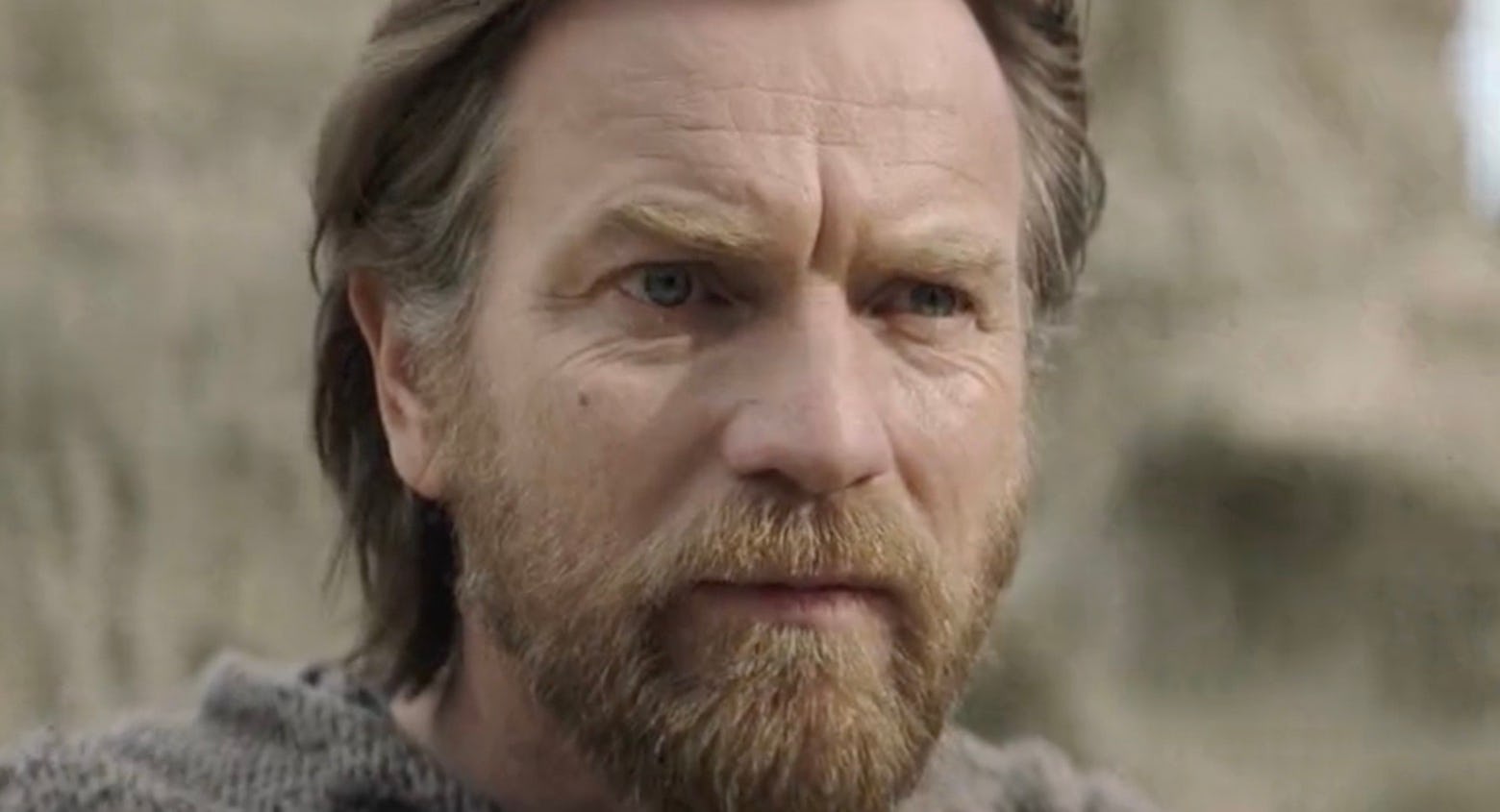
The future of Anakin and Obi-Wan backstories
Obviously, Chen’s novel counts as part of Star Wars canon, but so does a very big new Star Wars TV series, including the new Disney+ show Obi-Wan Kenobi. So, because his book explored aspects of Obi-Wan and Anakin’s relationship, and the new series is probably going to do the same, did Chen get any insider knowledge on that show?
“So, it’s a one-way street of information [with Lucasfilm],” Chen explains. “I don’t know anything about Obi-Wan Kenobi. I would ask if I could use a character or a story detail and be told ‘yes’ or ‘no,’ but nothing else. I could infer things from those answers. But it would be pure conjecture. I know nothing!”
Star Wars: Brotherhood is out now from Del Rey (Penguin Random House.) Obi-Wan Kenobi hits Disney+ on May 27, 2022.







